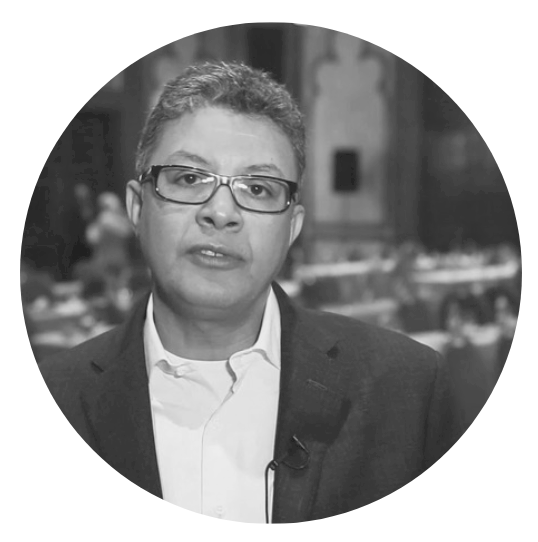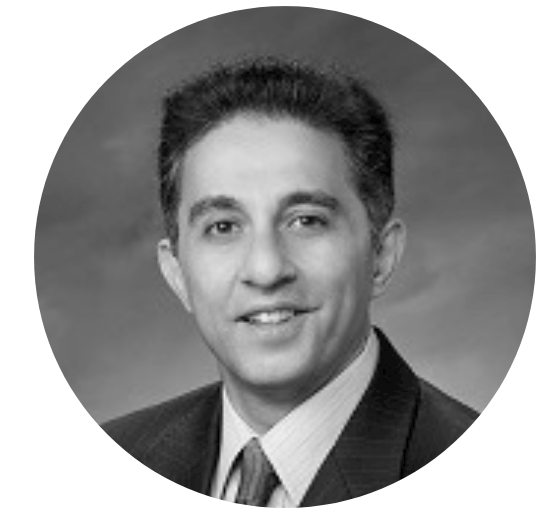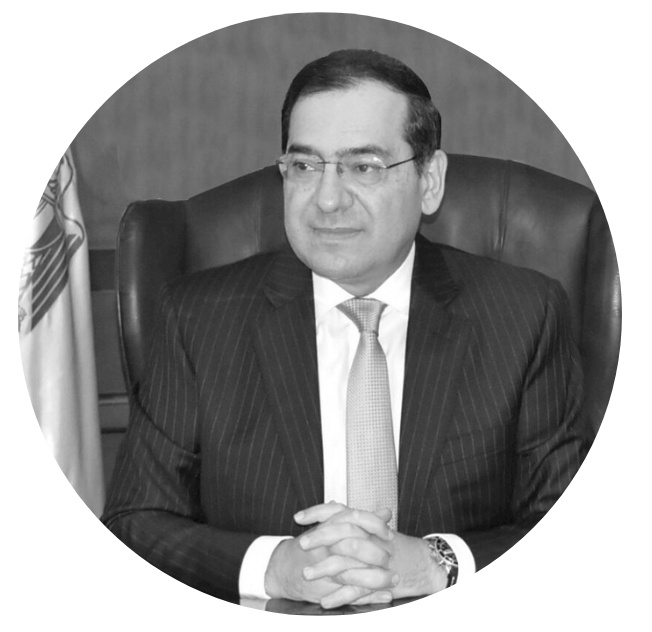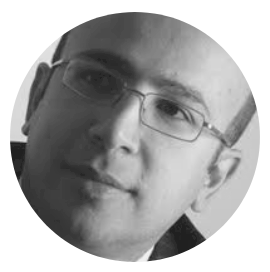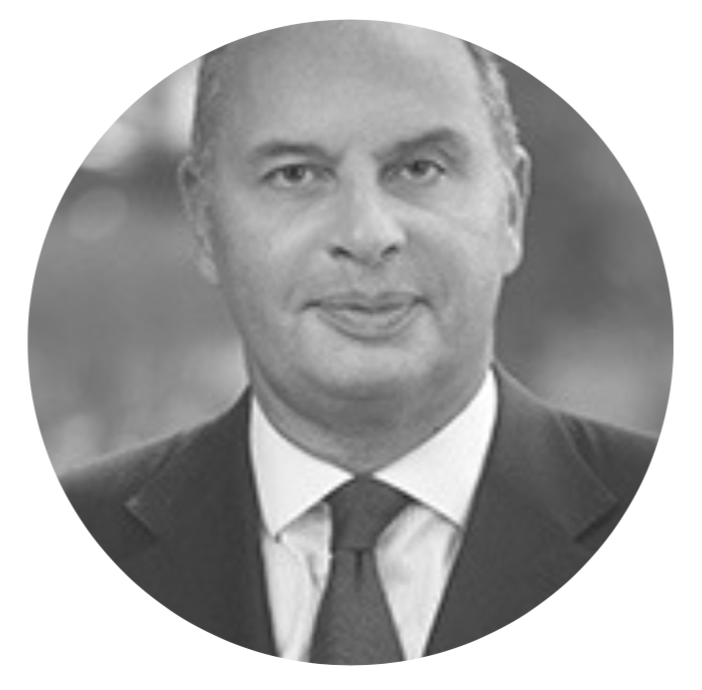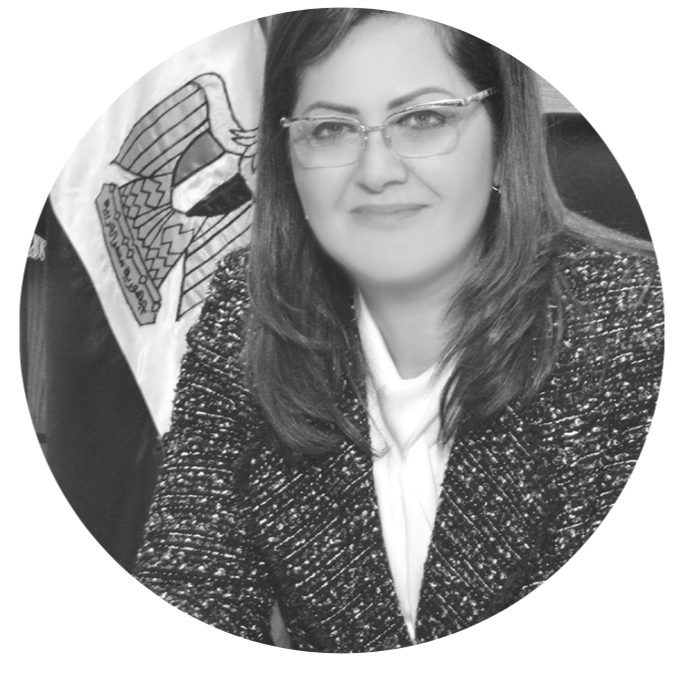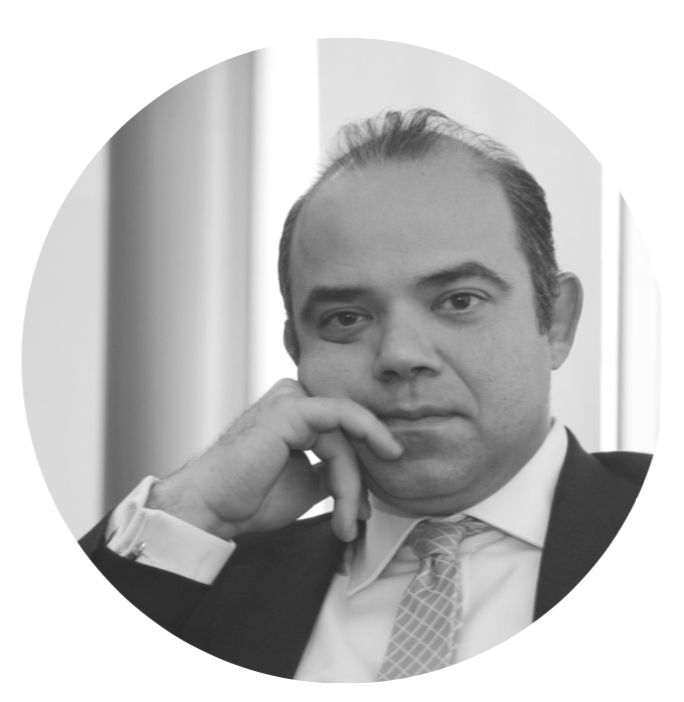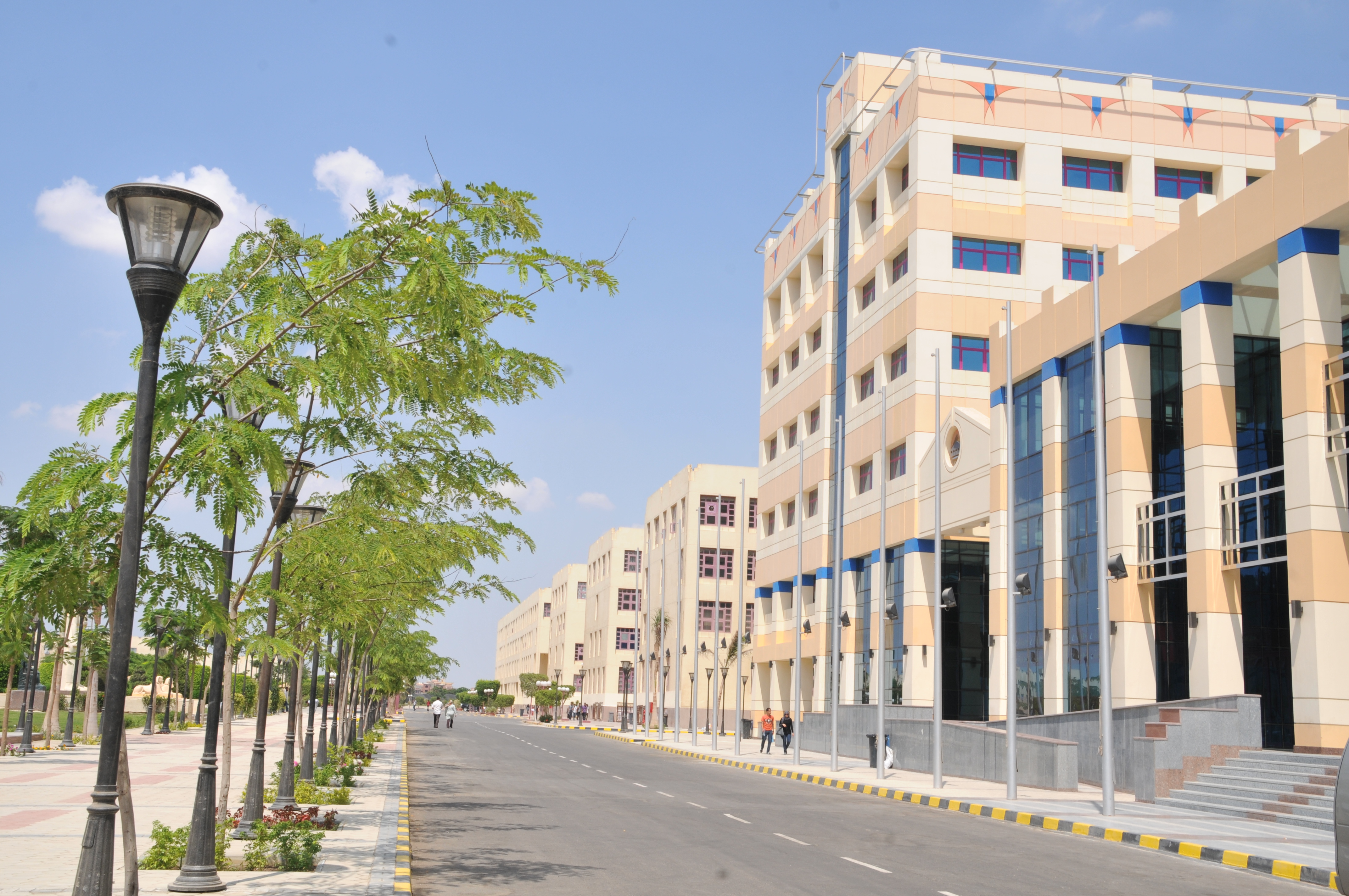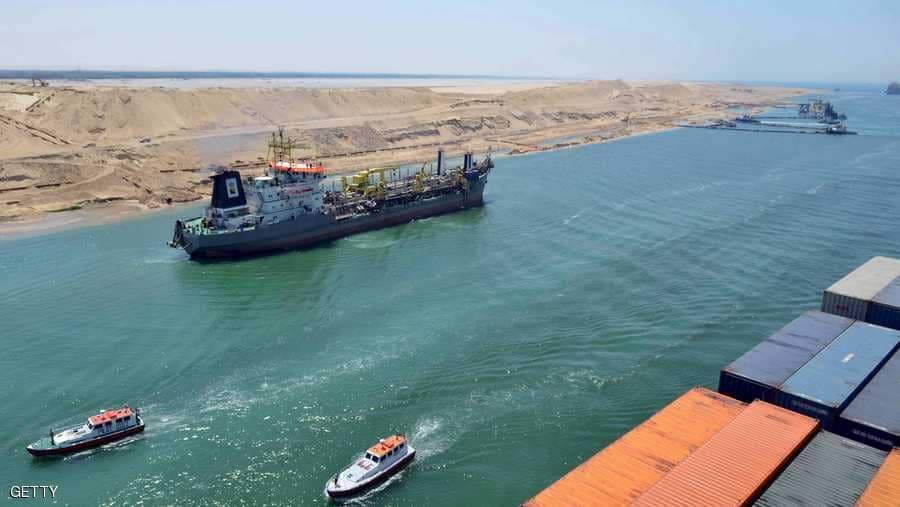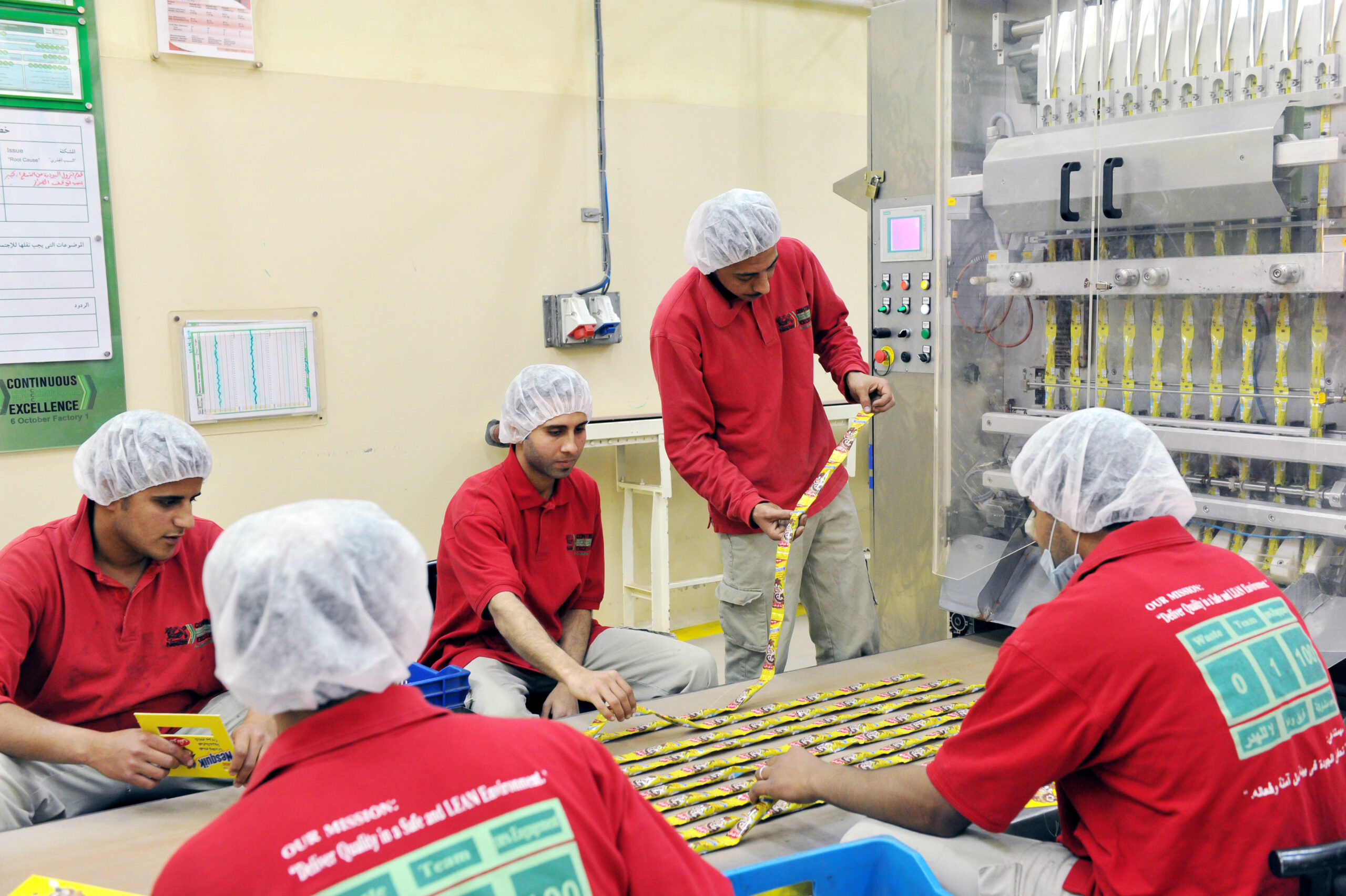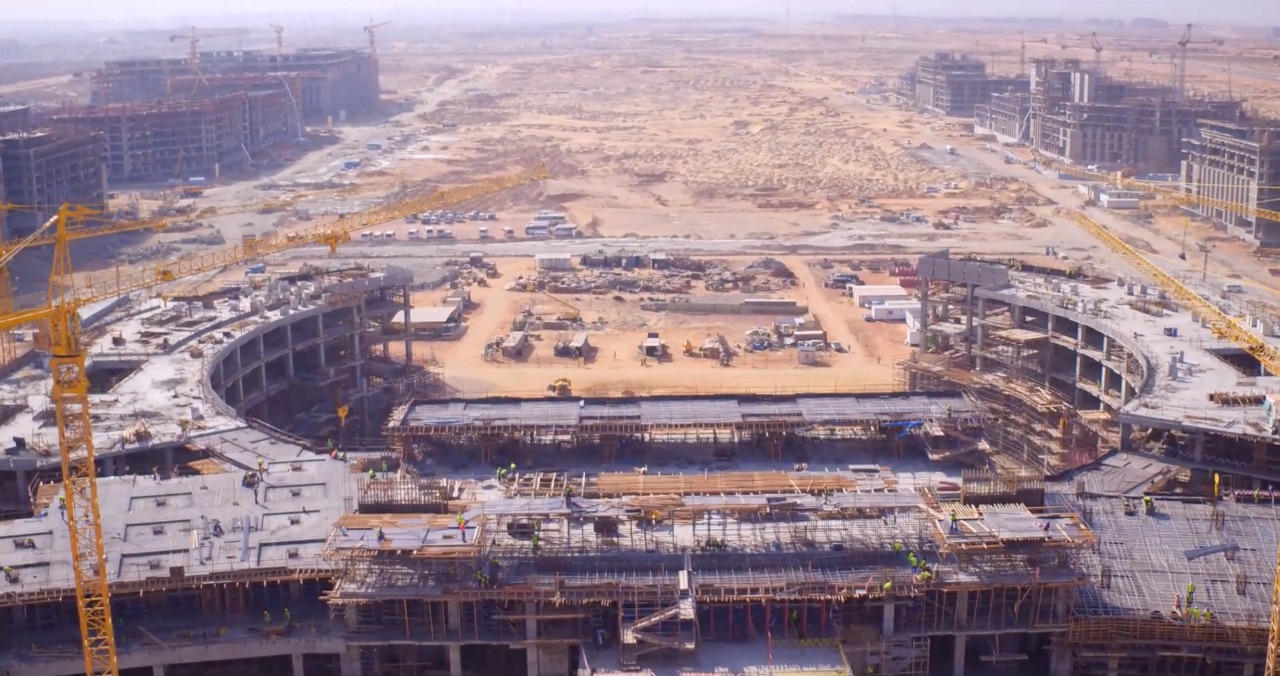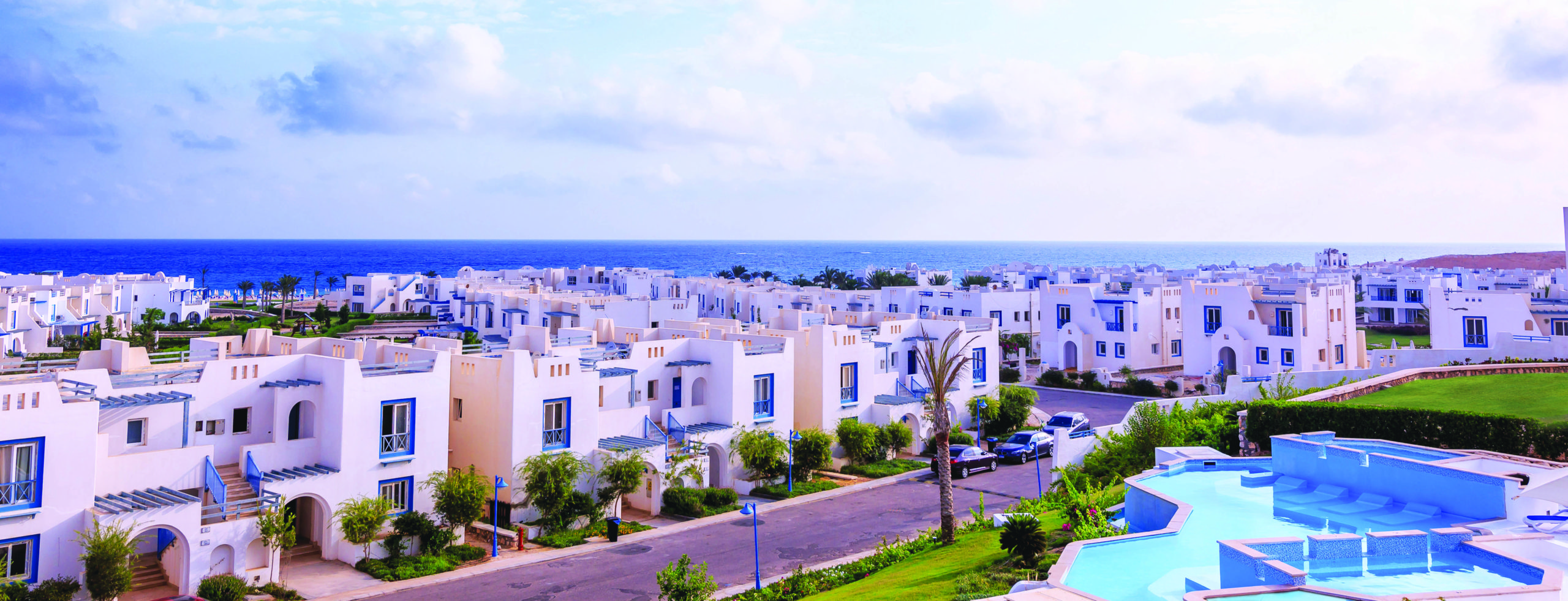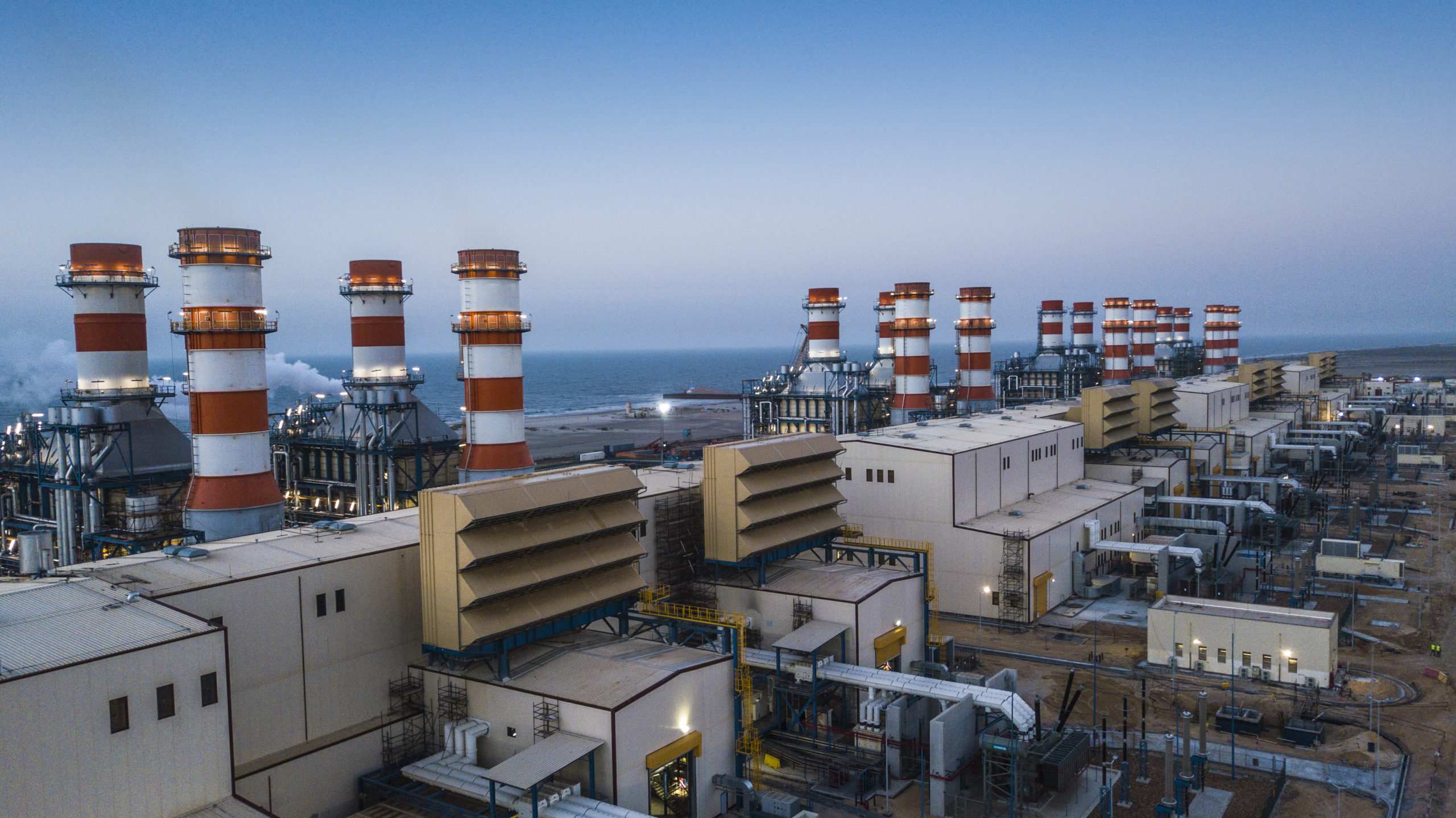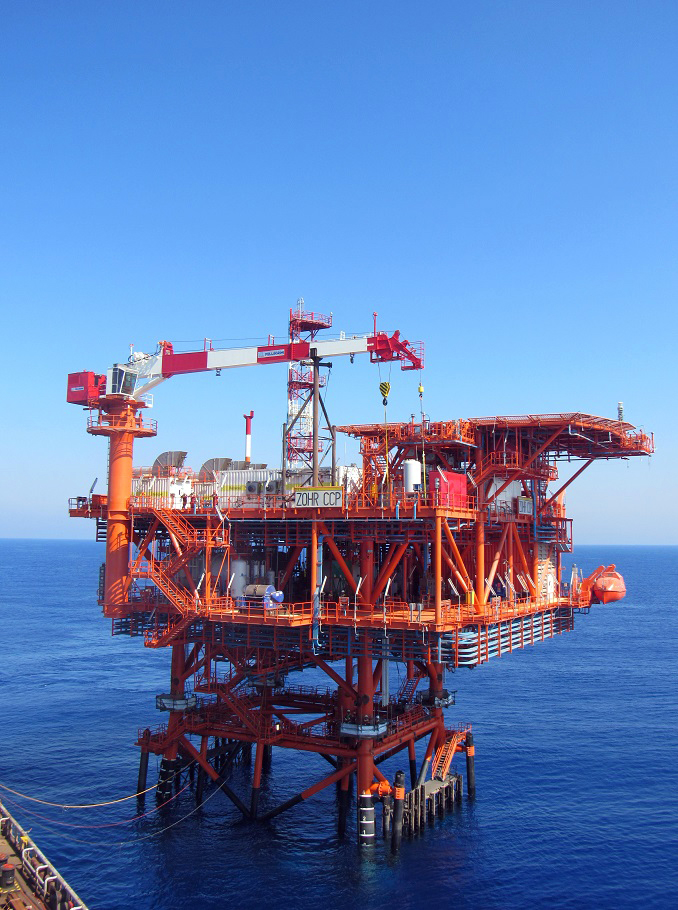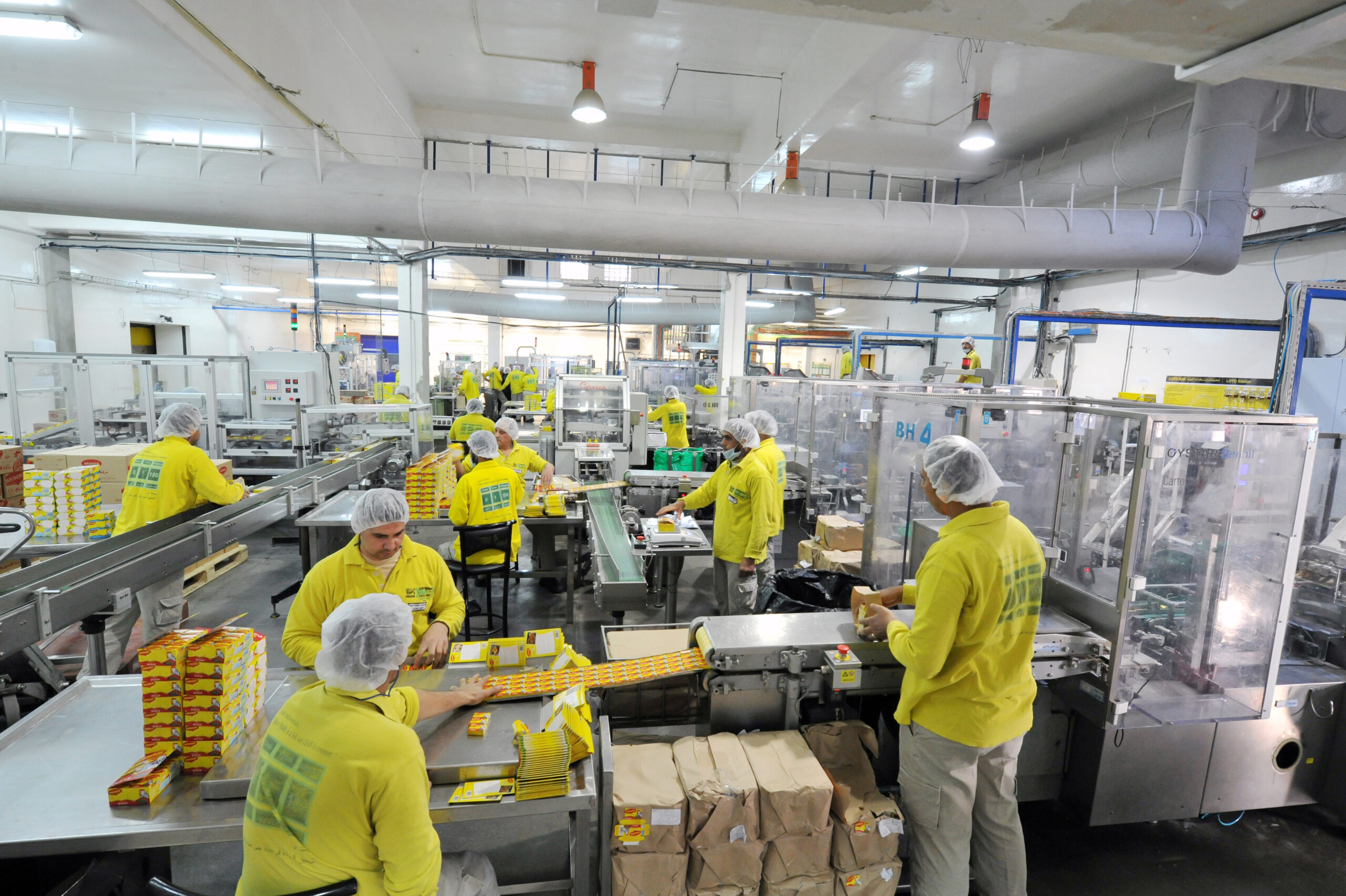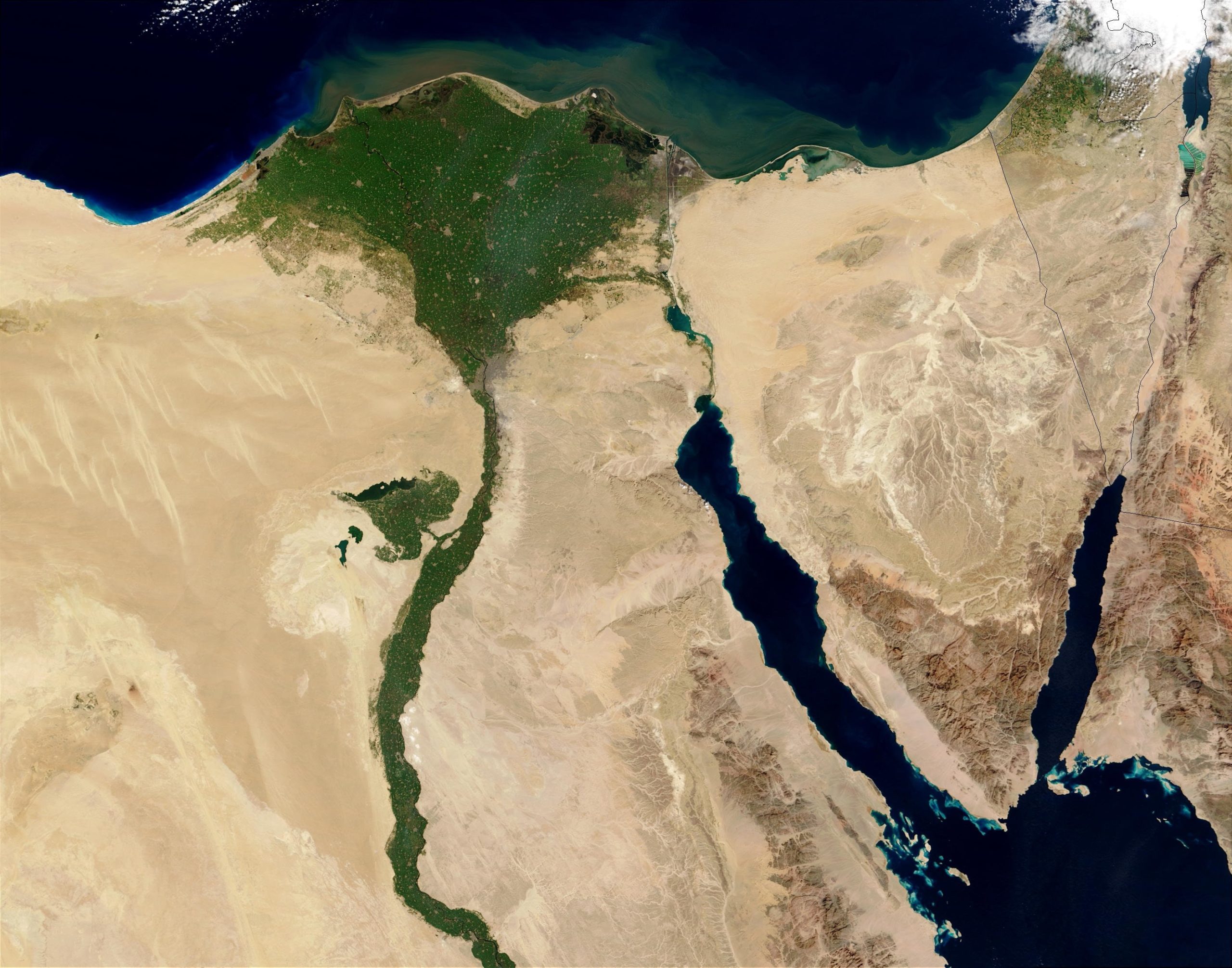Cpl: Ireland’s Biggest Name in Talent

Ireland has enjoyed a great deal of economic success in recent decades, and its robust workforce has been one of the primary factors behind this continued growth. The young, highly educated English-speaking labor force continues to attract foreign investment to Ireland, including US multinationals such as Pfizer, Apple, Meta, Microsoft, and Google, who are expanding operations in the country.
The nation’s workforce-related advantages go well beyond its number of employees. Ireland’s vibrant culture, strong educational institutions, and favorable business environment also make it a magnet for international talent. Thanks to this strong talent pool, Ireland is uniquely qualified to support indigenous companies while continuing to welcome multinationals interested in establishing a European presence.
Few—if any—entities in Ireland have a stronger understanding of what makes the nation’s workforce tick than Dublin-based talent solutions company, Cpl. Chief Executive Officer of Cpl, Lorna Conn, stated, “Cpl has been in operation for over 30 years, and it has evolved from a small specialist recruiter in the tech industry to operating across the entire talent spectrum. Over the years, we have expanded and matured our service proposition to the point where there is no talent service we cannot provide.”
Exploring Cpl’s Talent Solutions and Global Presence

One of Cpl’s primary services is recruitment—today, the company is Ireland’s largest and longest-lasting recruitment agency. It is a one-stop-shop for multinationals seeking talent, and a few of the many specialist sectors Cpl focuses on includes engineering, healthcare, legal, financial services, and life sciences. Thanks to its database of 2.5 million employee records and a sizable team of professional consultants ready to put this information to use, Cpl is capable of helping businesses find the most suitable candidates for any position.
Cpl consistently exceeds expectations in meeting client staffing needs. Beyond recruitment, the company’s Total Talent Solutions team provides invaluable support, while Covalen, a Cpl brand, facilitates seamless outsourcing. Additionally, Cpl offers an array of additional services, including captivating keynotes, insightful workshops, and more, through its Future of Work Institute. Rooted in core values of accountability, customer focus, effective communication, respect, and empowerment, Cpl ensures exceptional service delivery across all its offerings.
Harnessing the profound impact of the power of human connection and the inherent advantage of its Irish roots, Cpl has successfully expanded its global footprint to encompass eleven other European countries including Germany, Poland, Switzerland, and the United Kingdom, while maintaining its strong presence in Ireland. Notably, Cpl also has a modest presence in the United States with an office located in Boston and plans to bring more of its Irish expertise stateside.
Expanding Into the US
In the years since it first opened its doors, Cpl has acquired almost 20 businesses. In the coming months, Cpl plans to make its first significant move into the American market by acquiring a talent solutions organization in the United States. While the company has started searching for potential acquisition targets in America, it has no intention of rushing this process.
Conn stated, “We are an organization that makes decisions with our gut. No matter how successful a company’s business model is or how strong they are from a financial standpoint, a partnership between our organizations is unlikely to be successful if the people working there do not fit our existing culture or vice versa. Right now, we are in the process of thoroughly evaluating a target company, but the asset has to be right—the timing is secondary.”
According to Conn, Cpl is not looking for a US-based “mirror image” of itself. Instead, it hopes to find a smaller talent company with high-caliber leadership and a willingness to evolve and expand. She stated, “The spirit of Cpl is one of strong entrepreneurialism, and we plan to preserve our target company’s autonomy. To that end, we will support their leadership team and trust them to create opportunities and continue their own path of innovation and growth.”
Conn intends for Cpl to further leverage its network and strengths, while the widespread reach enables the company to serve clients on a global scale, transcending geographical boundaries. With a proven track record and commitment to excellence, Cpl remains poised to deliver unrivaled value to its clients – helping companies scale, attract and retain talent in the ever-evolving world of recruitment and workforce solutions.

